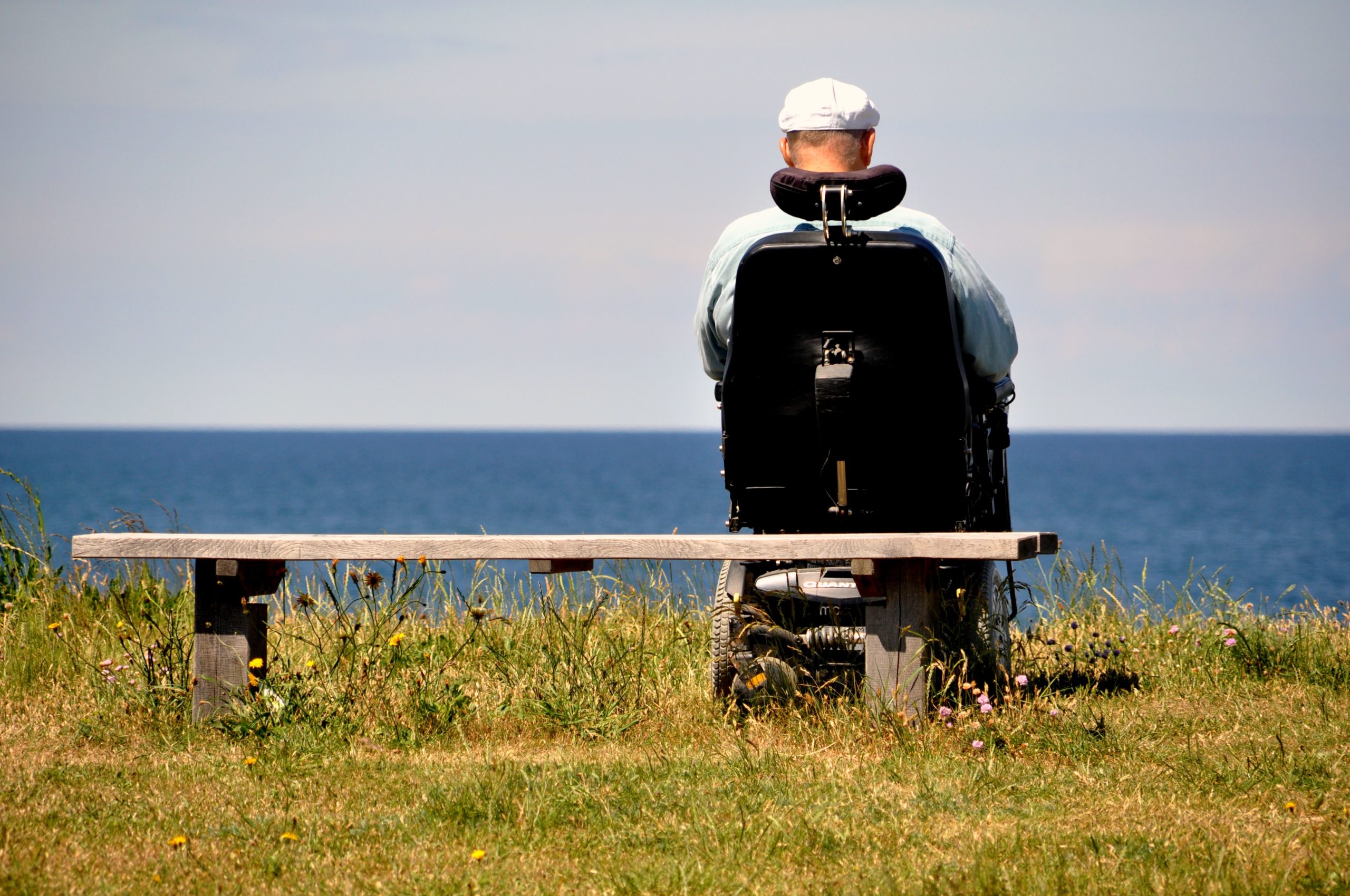By Lori Stevens, Certified Concierge Care Advisor
This past year, I have found myself working with several families in which their loved one has been diagnosed with a progressive illness affecting their nervous system. Many of these cases bring significant challenges in finding the right care facility that can provide the specific care needed for these illnesses. To name a few: Parkinson’s Disease, Multiple Sclerosis, and ALS (Amyotrophic Lateral Sclerosis/Lou Gehrig’s Disease). These three diseases affect the nervous system and can lead to specific complications that need the appropriate care that not all care facilities can provide.
A common factor in each of these illnesses is its effects on mobility, ability to walk, depression and emotional changes, weakness, and muscle stiffness leading to atrophy. In later stages, it is possible to have issues with swallowing, leading to the need for a feeding tube. And some have their diaphragm affected, leading to an inability to breathe on their own.
What I’ve learned is that it has been challenging to locate the perfect combination of care, support, and love for these individuals who are facing such a complicated illness. See our goal is to make sure that a person does not have to move again. We want to get it right the first time. Sure, all assisted living communities, adult family homes and memory care communities are fantastic at providing day to day care needs like food preparation, light housekeeping, bathing and grooming assistance, medication management, etc. But NOT all are able to do high levels of care. For instance, stomach tube feeding (PEG tubes) can only be managed in adult family homes. Assisted living communities are not licensed to provide this type of care. Unfortunately, as these illnesses progress, it is very possible a person will have eventual swallowing and aspiration concerns. We work with homes that are very specialized in this, and some that are owned or managed by an RN level nurse. Adult Family Homes can also provide 2 person transfers, mobility via a Hoyer lift, and the most one-on-one support out there.
When it comes to depression and anxiety related to these illnesses, adult family homes can also be excellent. With the one-on-one support (usually 1:3 ratio staff to residents), it gives care staff more time to interact with residents on an individual basis to lend support and comfort to those battling severe illness. Although there are some wonderful larger communities out there that are willing to accept residents with these progressive illnesses, I would only recommend these larger communities when there is a couple living together. When someone lives in their own unit/apartment within assisted living, by themselves, they would be alone many hours each day. For those battling depression without living with a loved one or spouse, this could increase in severity.
Concierge Care Advisors have identified wonderful care solutions for people battling these illnesses. We would love to speak with you about your loved one and see how we can help identify the best care options for their individual needs.

























